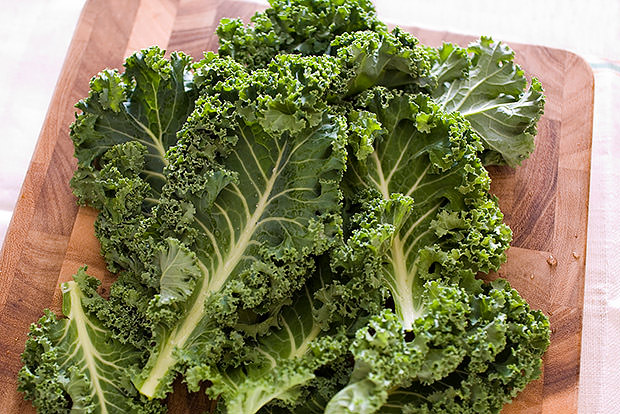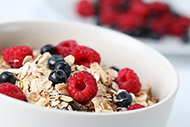
Here are five things you should know about these essential fatty acids:
How do omega-3 fatty acids improve health?
Omega-3 fatty acids reduce inflammation in the body. Inflammation is linked to chronic diseases, including heart disease, some cancers, and arthritis. While the research supporting a reduced risk for heart disease is the most established, some research has shown that omega-3 may also reduce the risk of stroke, diabetes, and cognitive decline.
Are there different types?
Yes. Omega-3 fatty acids are different depending on the food source. Alpha-linolenic acid (ALA) is a plant-based short-chain fatty acid. Docosahexaenoic acid (DHA) and eicosapentaenoic acid (EPA) are long-chain fatty acids found in fish.
How does the body use the omega-3 fatty acids we eat?
The body must convert the short-chain ALA to the long-chain DHA and EPA to be useful. Unfortunately, the rates of conversion are not high. According to the Linus Pauling Institute at Oregon State University, young men can convert 8% of ALA to EPA and only 0-4% to DHA. Young women convert 21% of ALA to EPA and 9% to DHA. The difference in these conversion rates is attributed to the higher estrogen levels in women. Don’t let these low numbers discourage you from eating vegetarian sources of omega-3 fatty acids. Despite the low conversion rates, researchers still consider plant-based foods a beneficial source of omega-3s.
What are the best food sources?
A variety of seeds, vegetables, and oils contain ALA. Good seed choices include flaxseeds, chia, pumpkin, and sesame seeds. Tahini, a paste made from sesame seeds, is also a good choice. The oils from these seeds also contain the beneficial omega-3s. Kale, spinach, Brussels sprouts, cauliflower, and purslane are vegetable sources for ALA. Increase your intake of cold-water and fatty fish for DHA and EPA. Choose wild salmon, mackerel, halibut, sardines, albacore tuna, herring, or lake trout. According to the Natural Resources Defense Council, herring, North Atlantic mackerel, Chub mackerel, salmon, and freshwater trout contain the least mercury.
How much do I need?
Due to the role of omega-3 fatty acids in preventing heart disease, the American Heart Association (AHA) provides recommendations for intake. The AHA recommends that healthy adults consume at least two servings of fatty fish weekly. Two to four ounces of fish provide approximately 1 gram of omega-3 fatty acids. In addition, the AHA recommends including plant sources of omega-3 in your diet, such as tofu, walnuts, and flaxseeds.



 3 Healthy Lunches for Your Work Week
3 Healthy Lunches for Your Work Week
 5 Tips for Stretching Your Budget for Healthy Food
5 Tips for Stretching Your Budget for Healthy Food
 Best Ways to Reduce Added Sugar
Best Ways to Reduce Added Sugar
 Healthy Tips to Lighten Up Picnic Foods
Healthy Tips to Lighten Up Picnic Foods
 Do You Need to Drink Milk?
Do You Need to Drink Milk?
 Tips to Keep Track of Water Intake
Tips to Keep Track of Water Intake
 Butter vs. Margarine: What’s the Best Choice?
Butter vs. Margarine: What’s the Best Choice?
 Healthy Eating Myths
Healthy Eating Myths

 Pinterest
Pinterest RSS Feed
RSS Feed